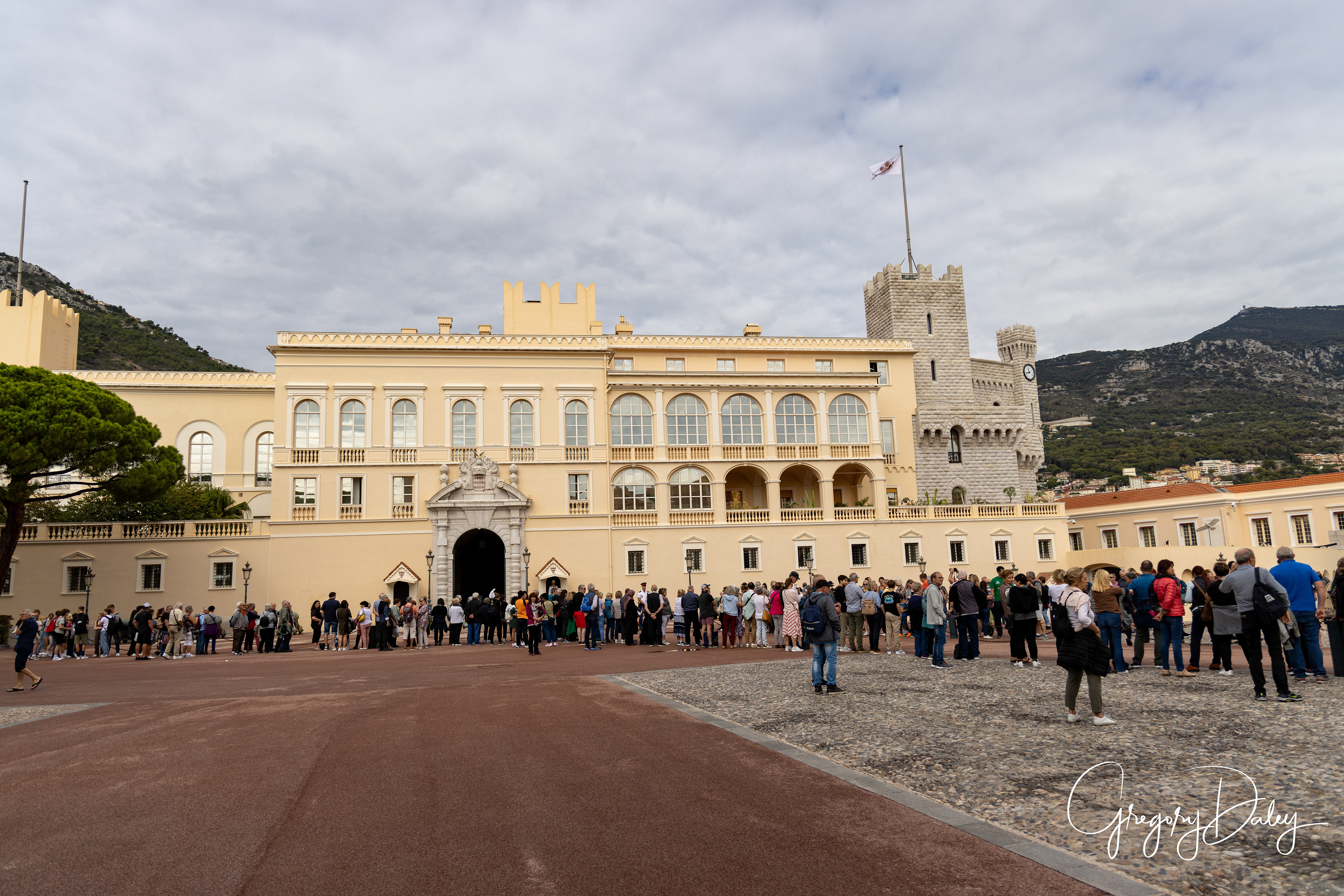

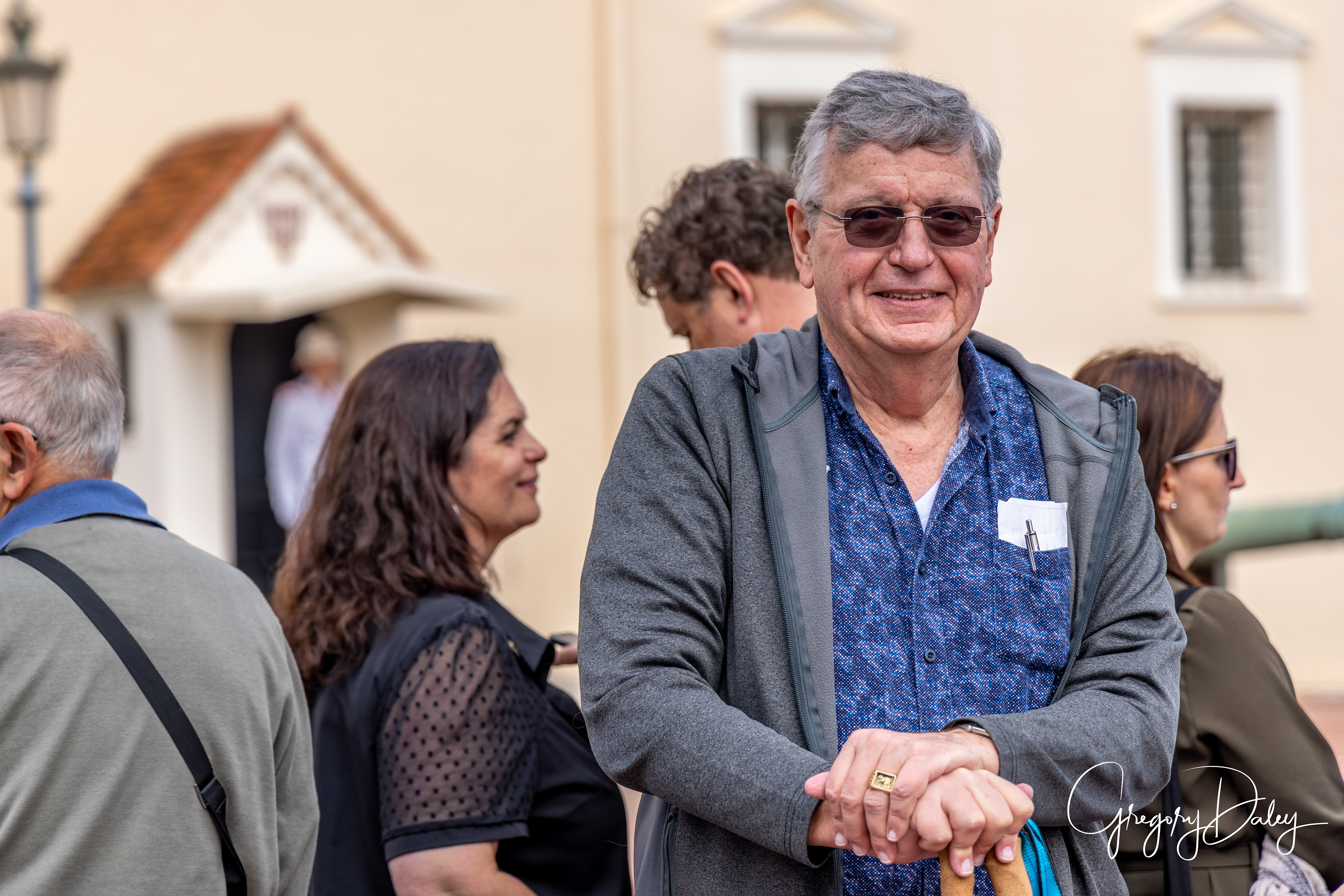
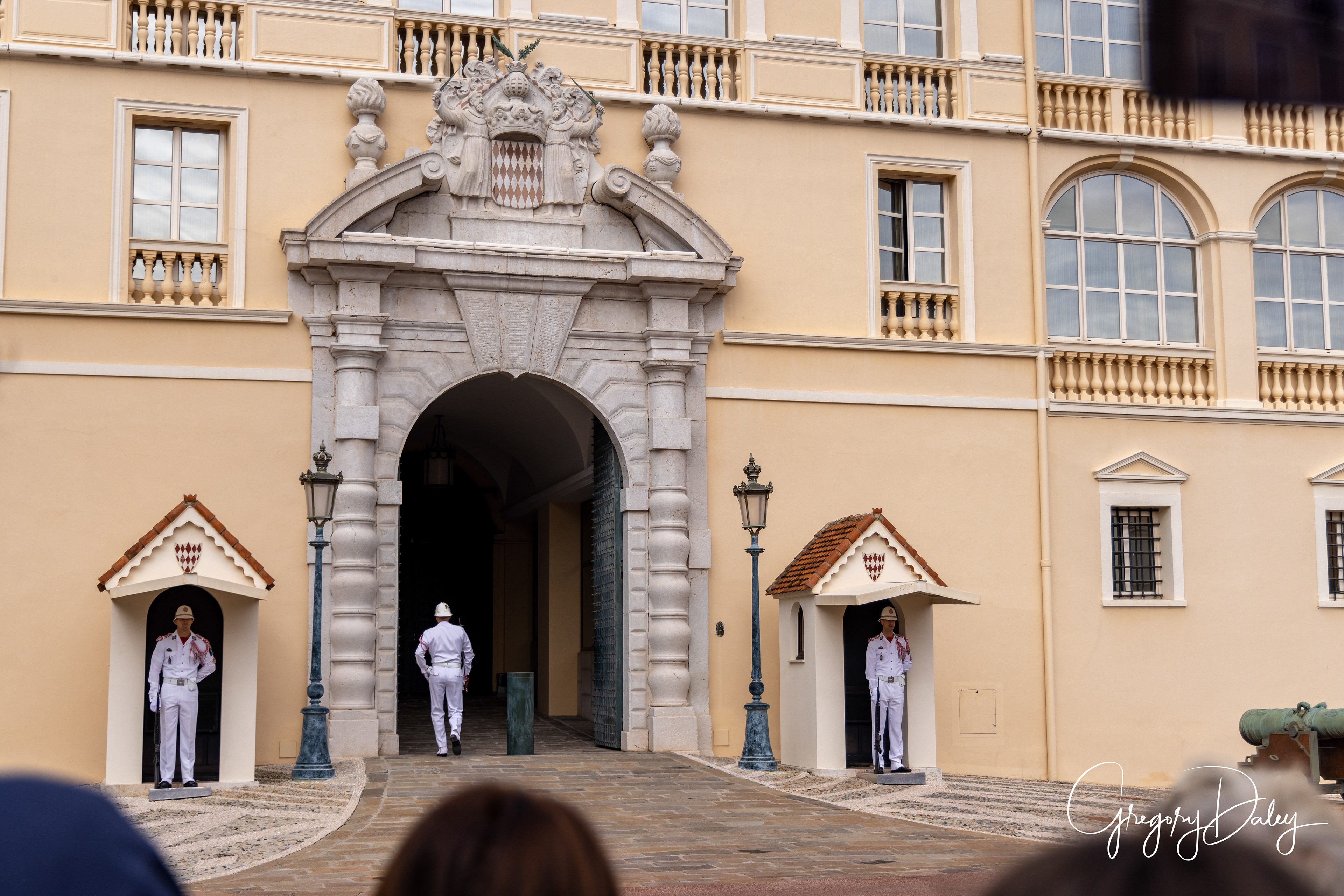
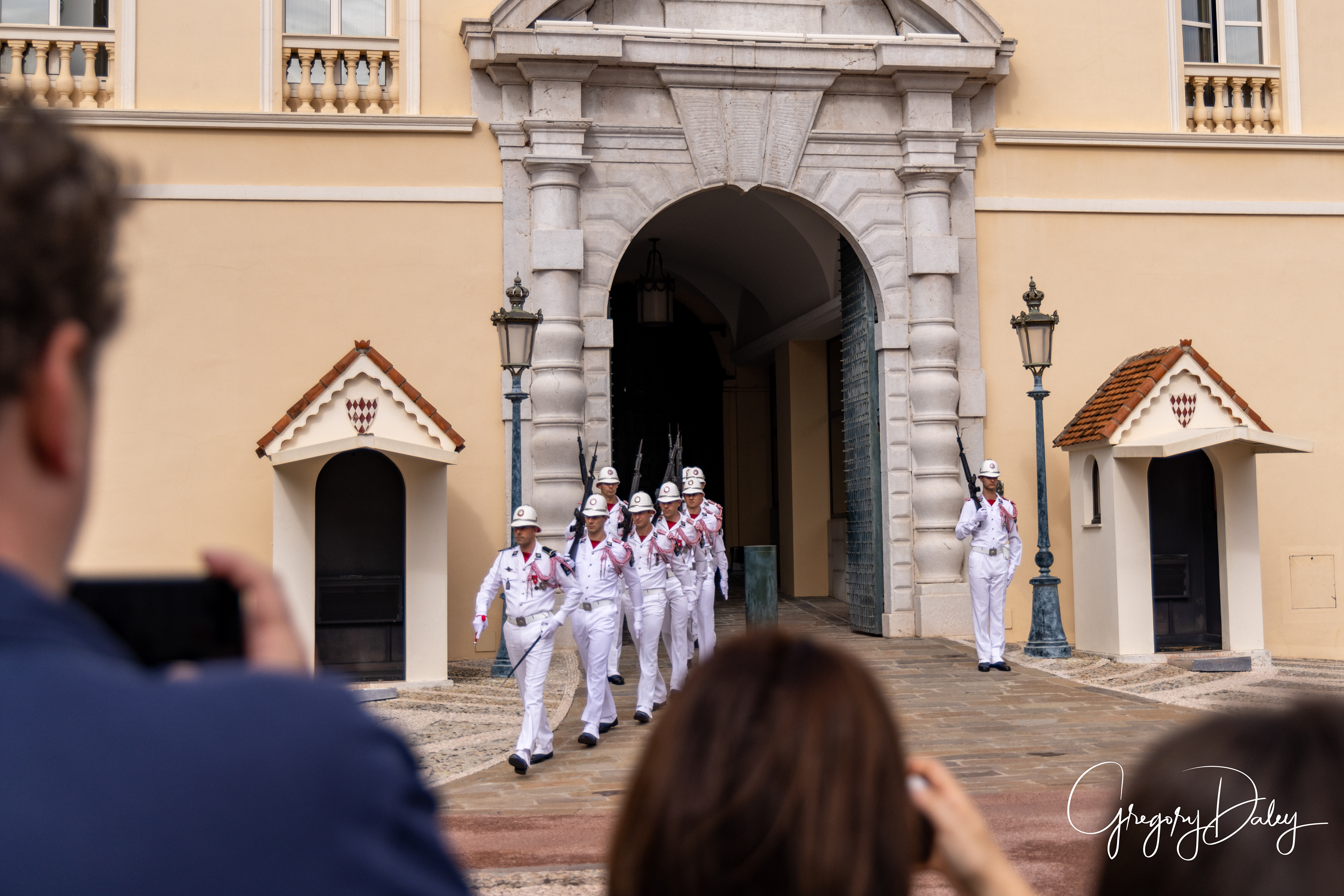
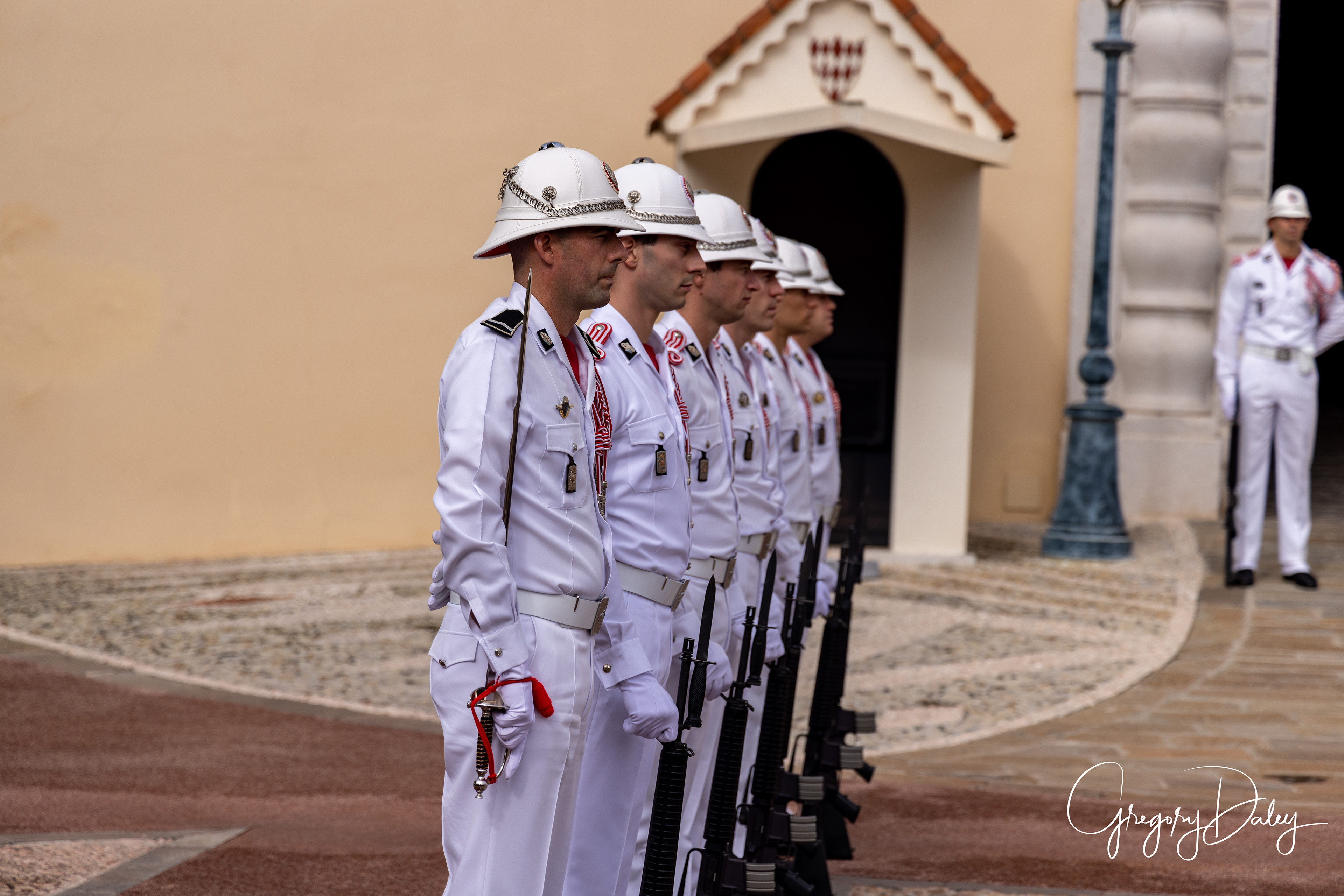

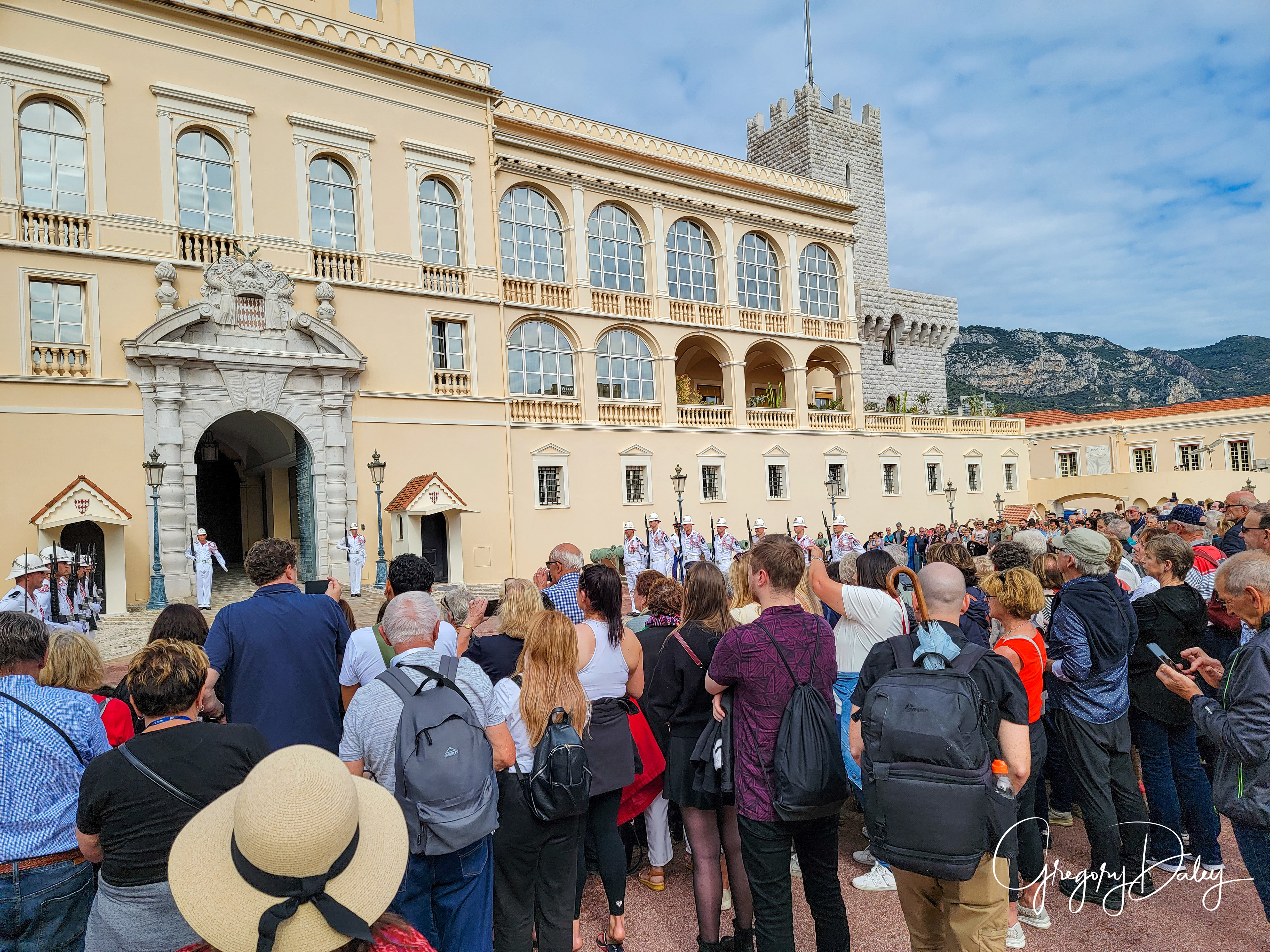
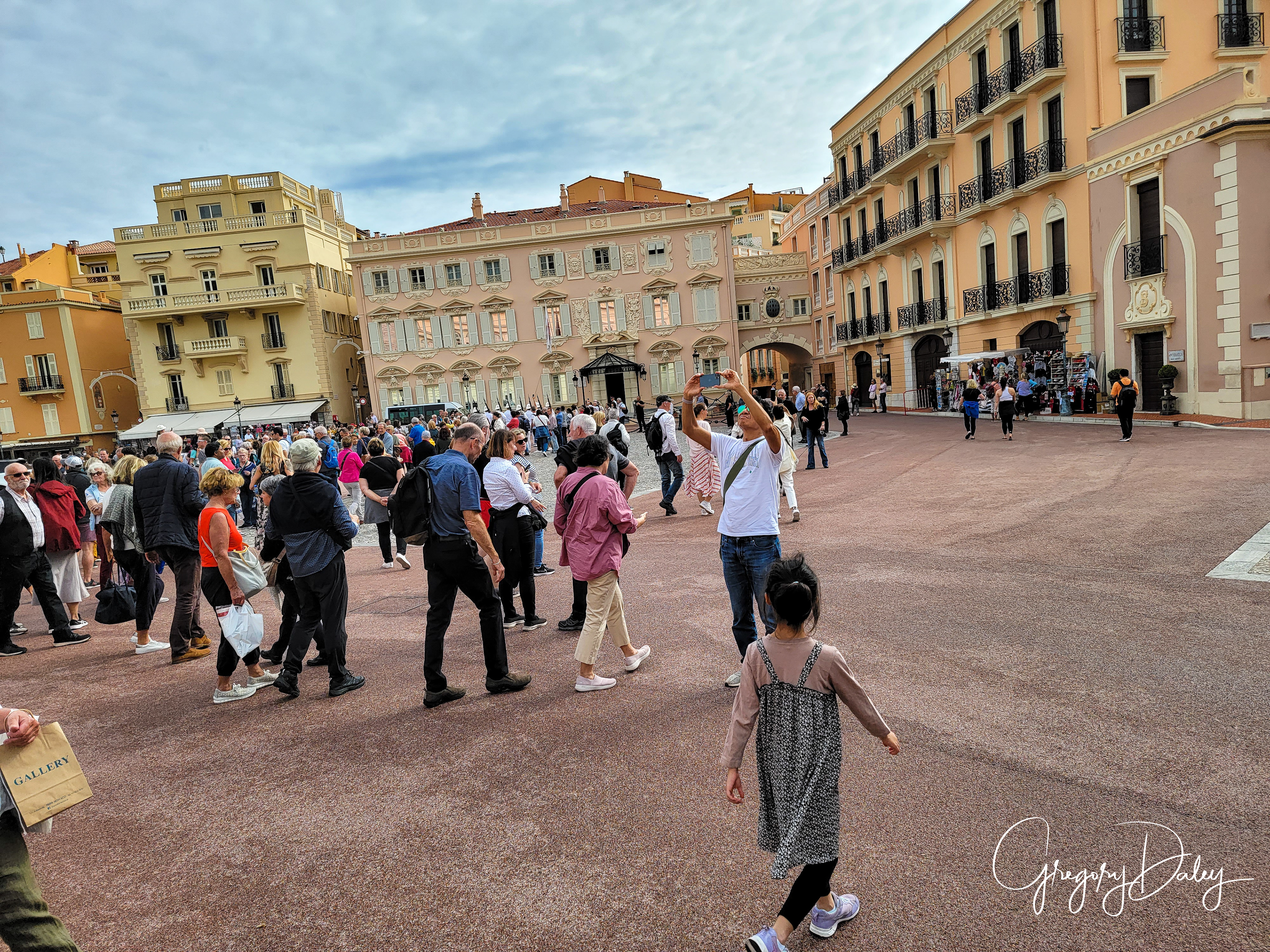
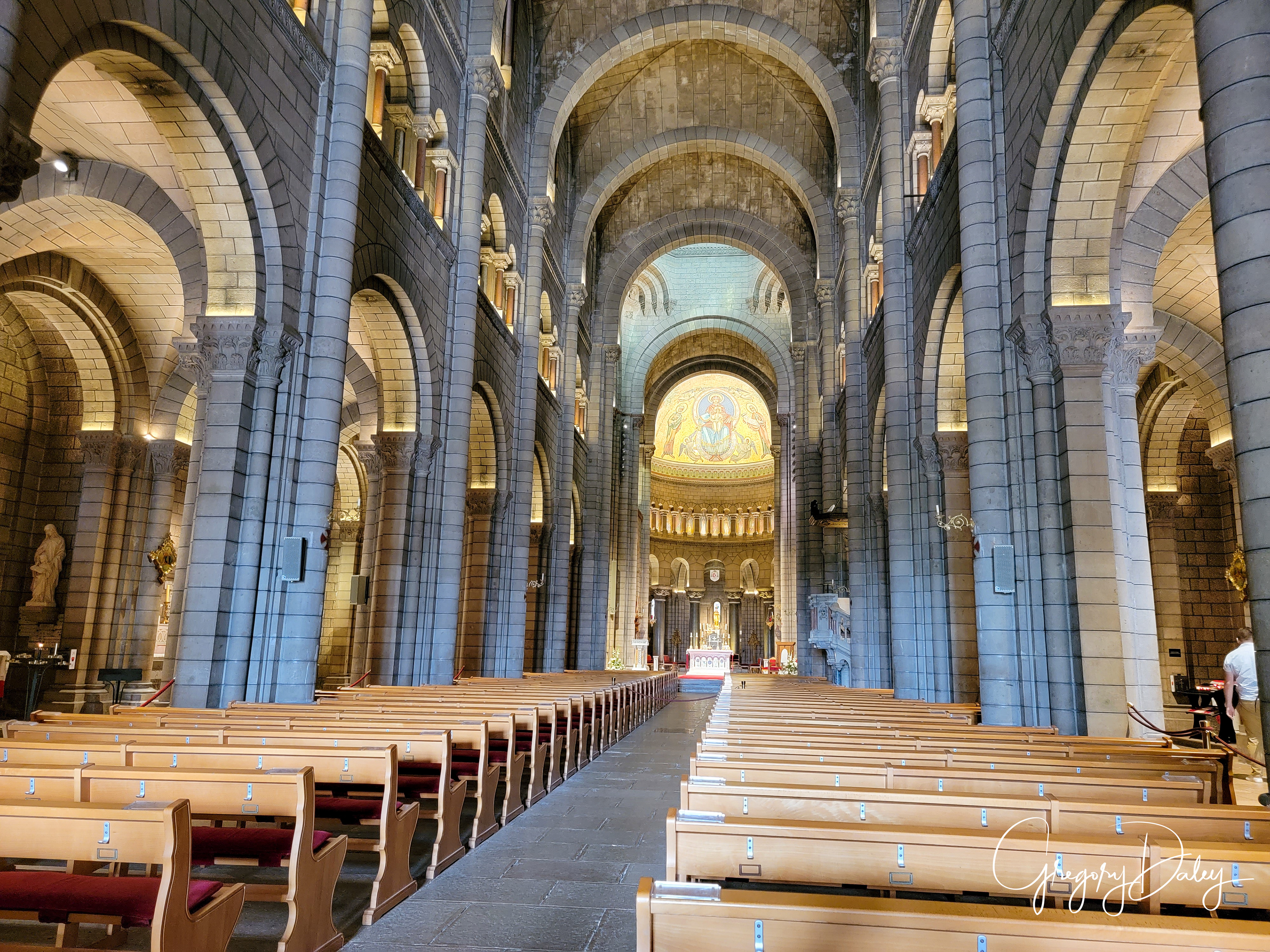
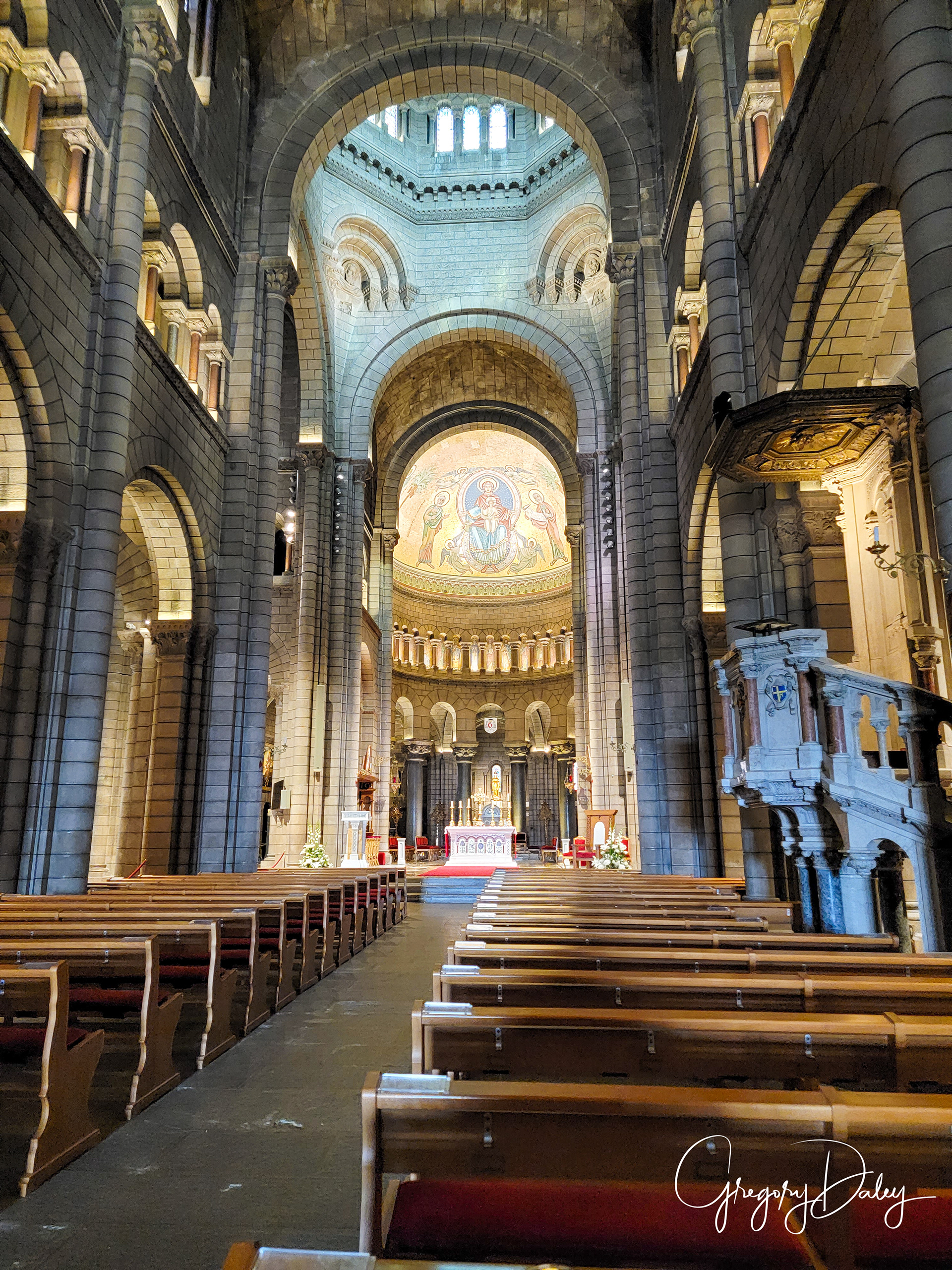
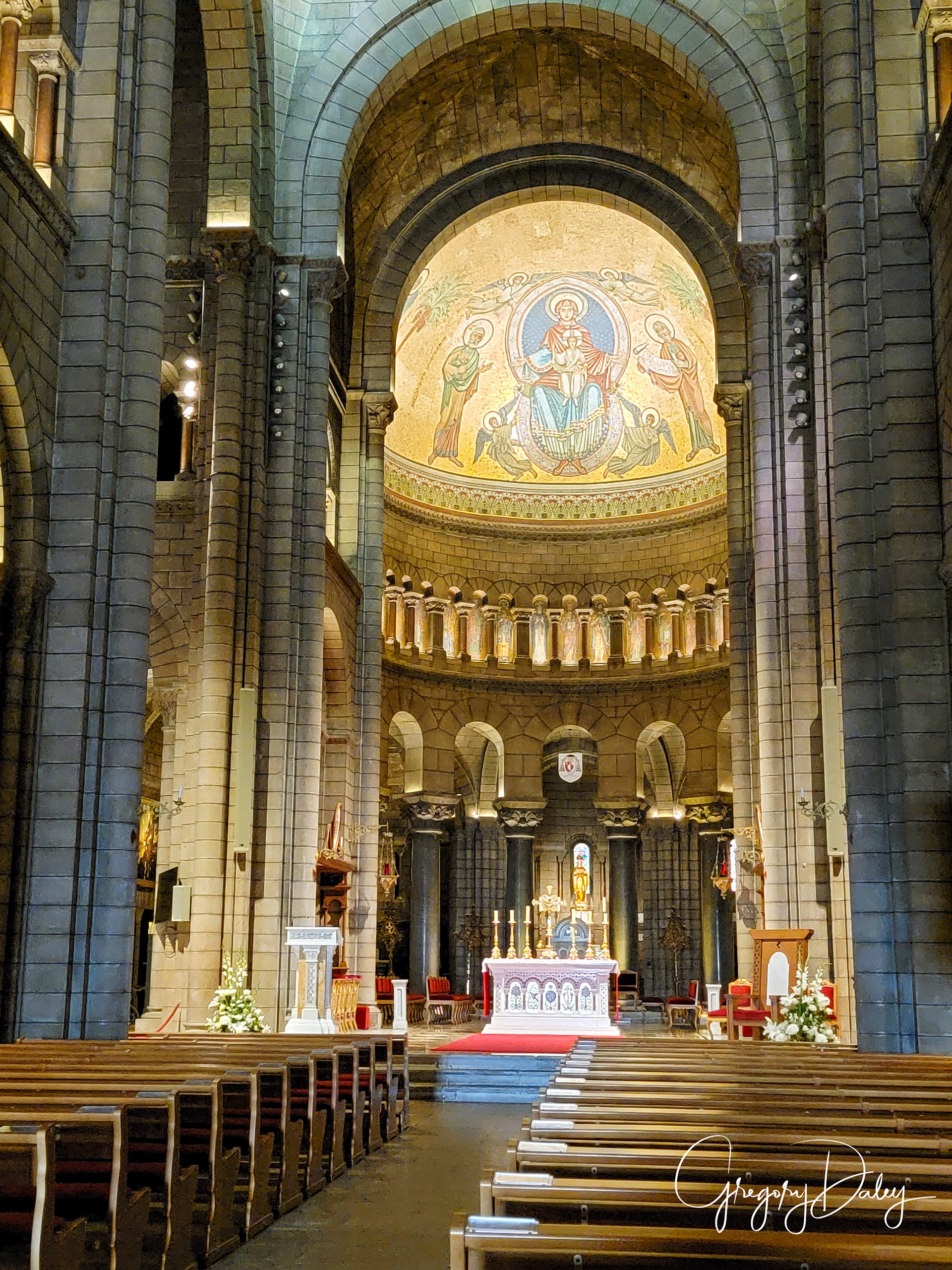

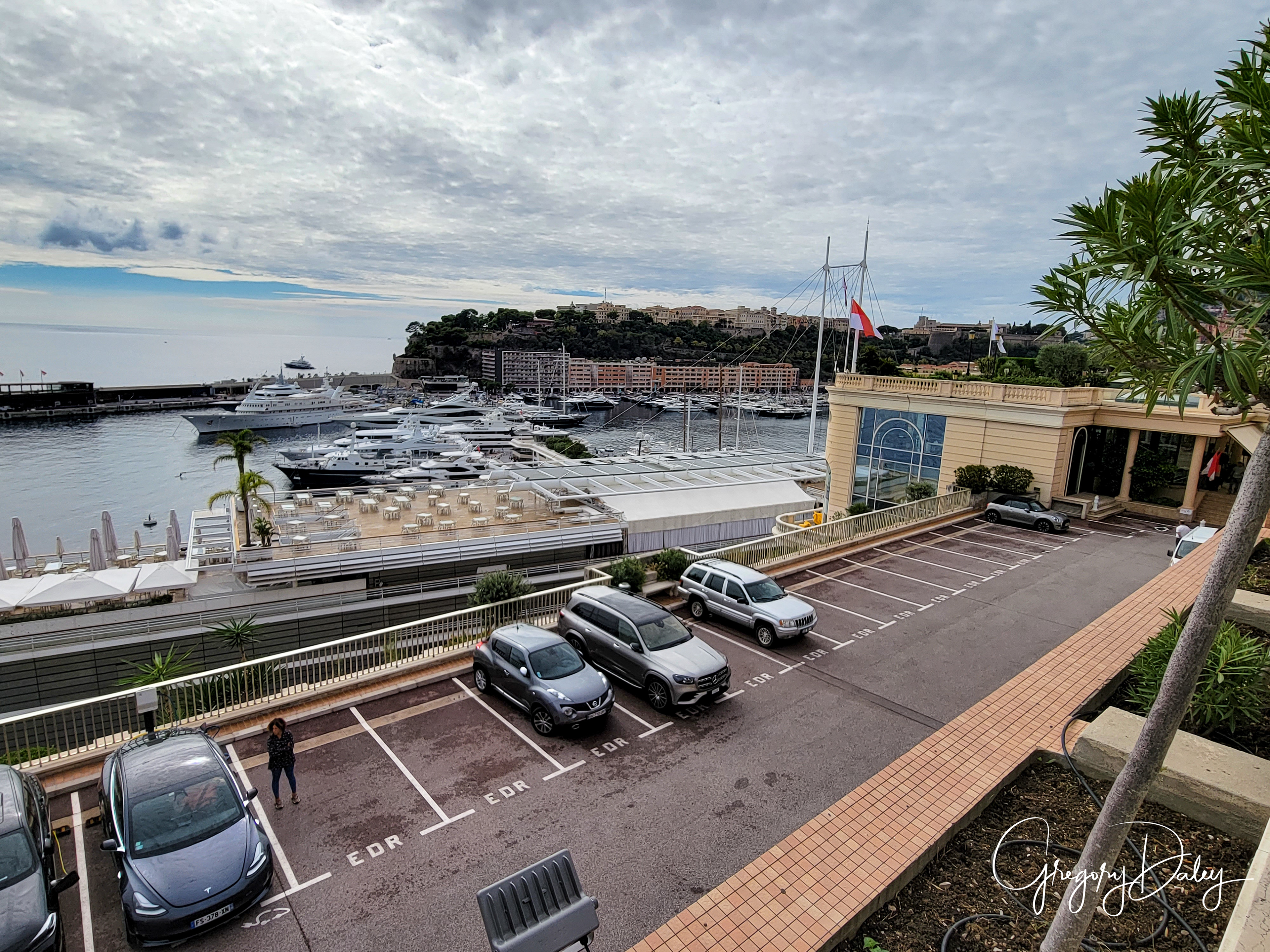
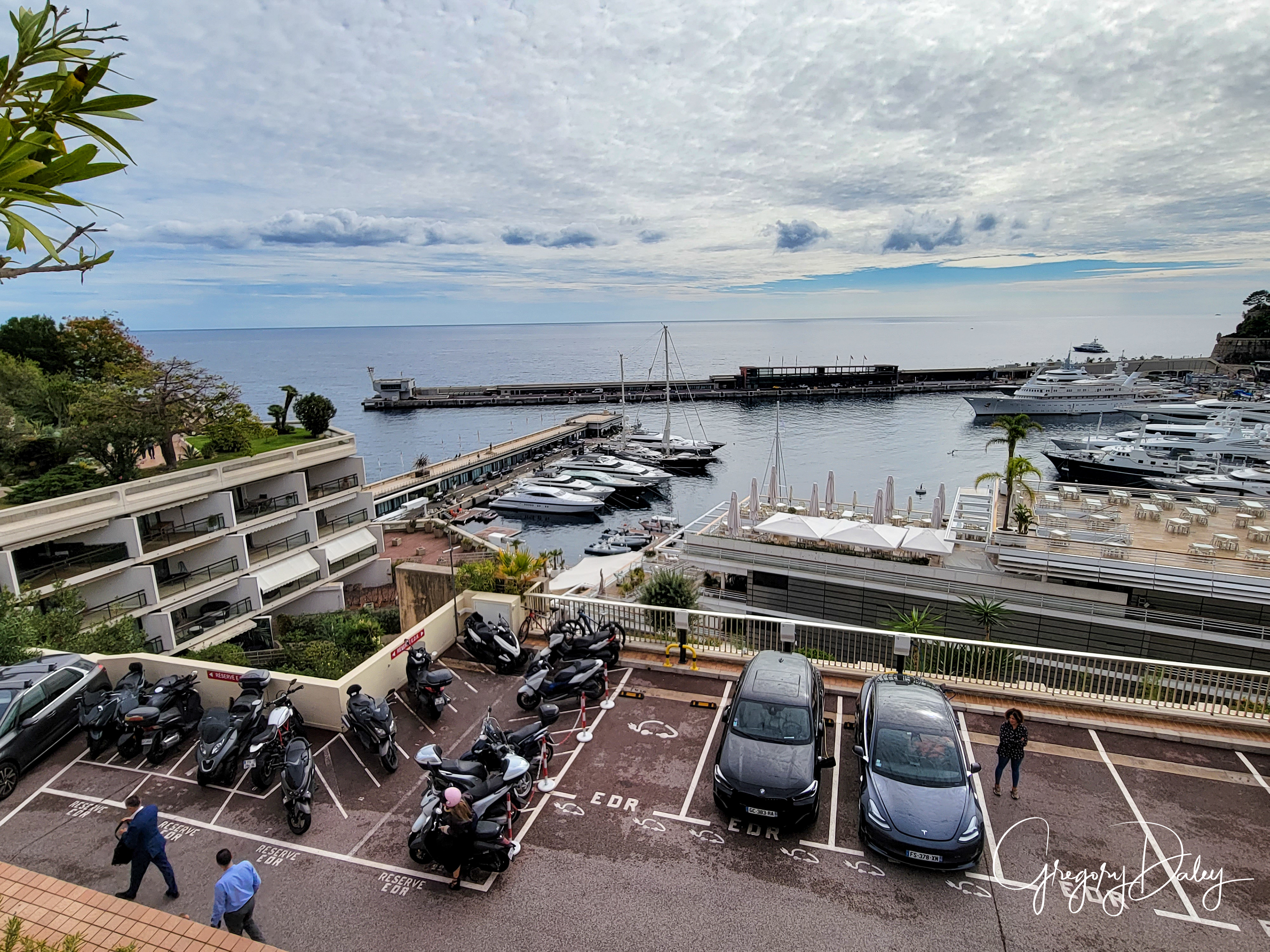
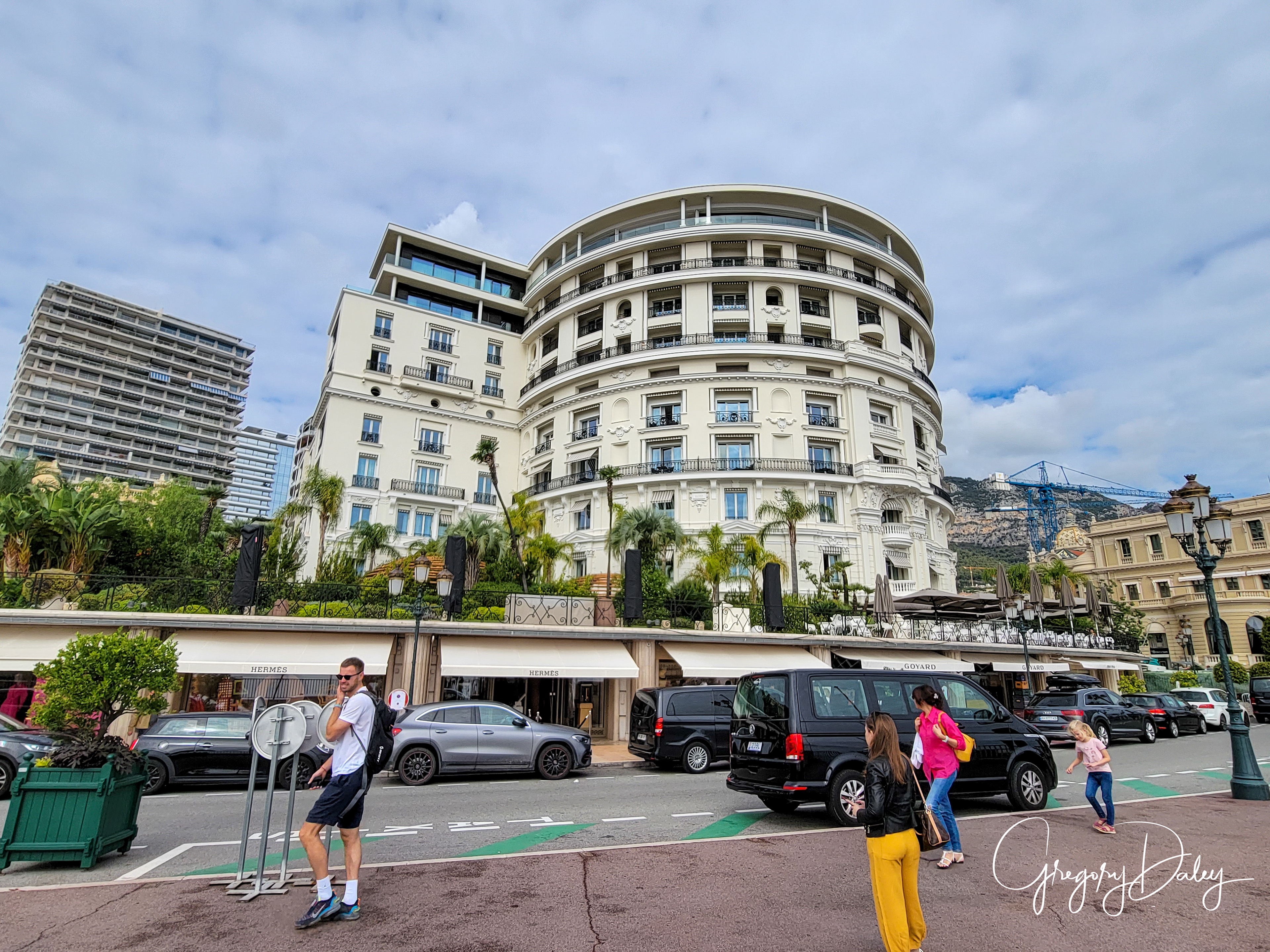


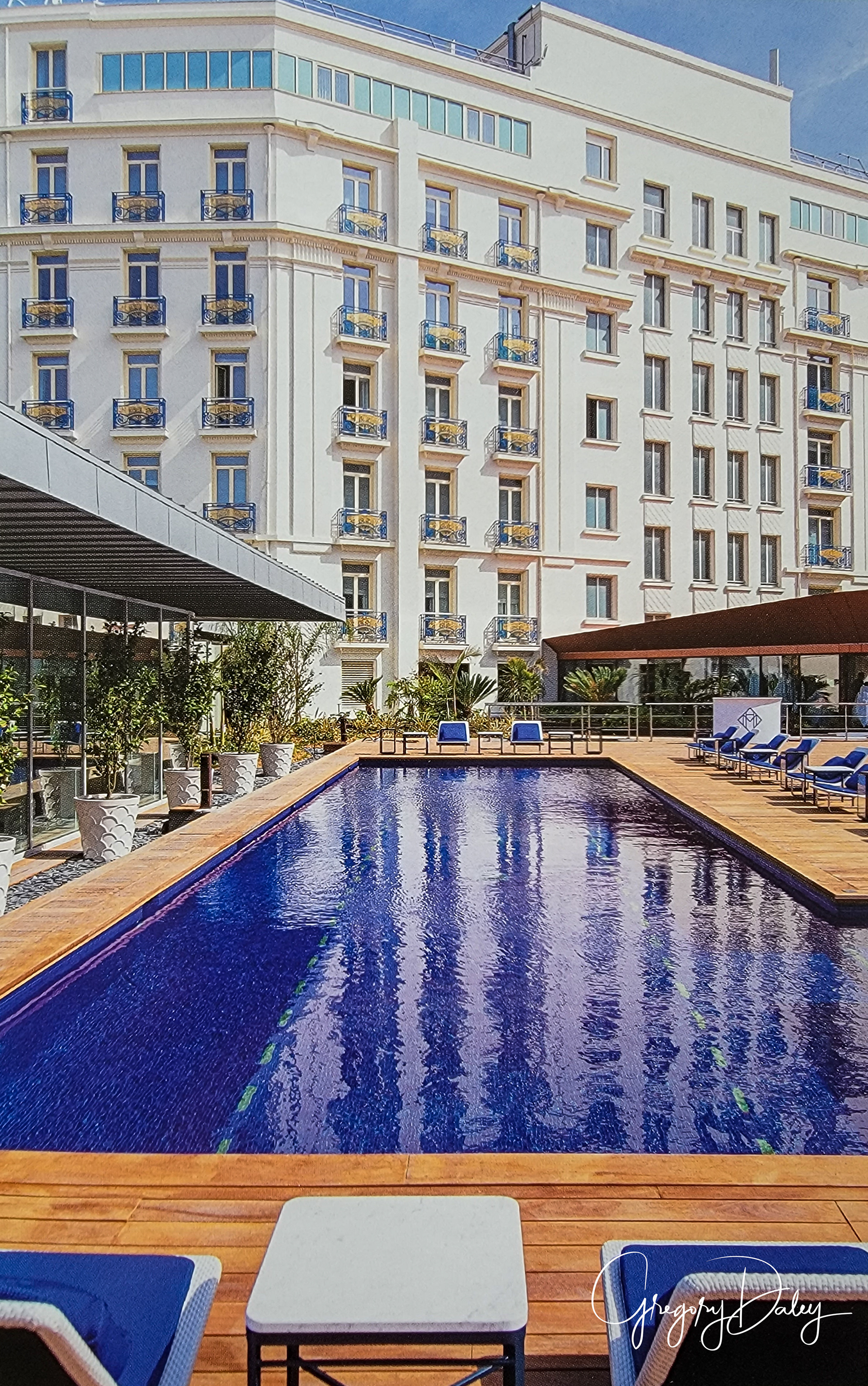
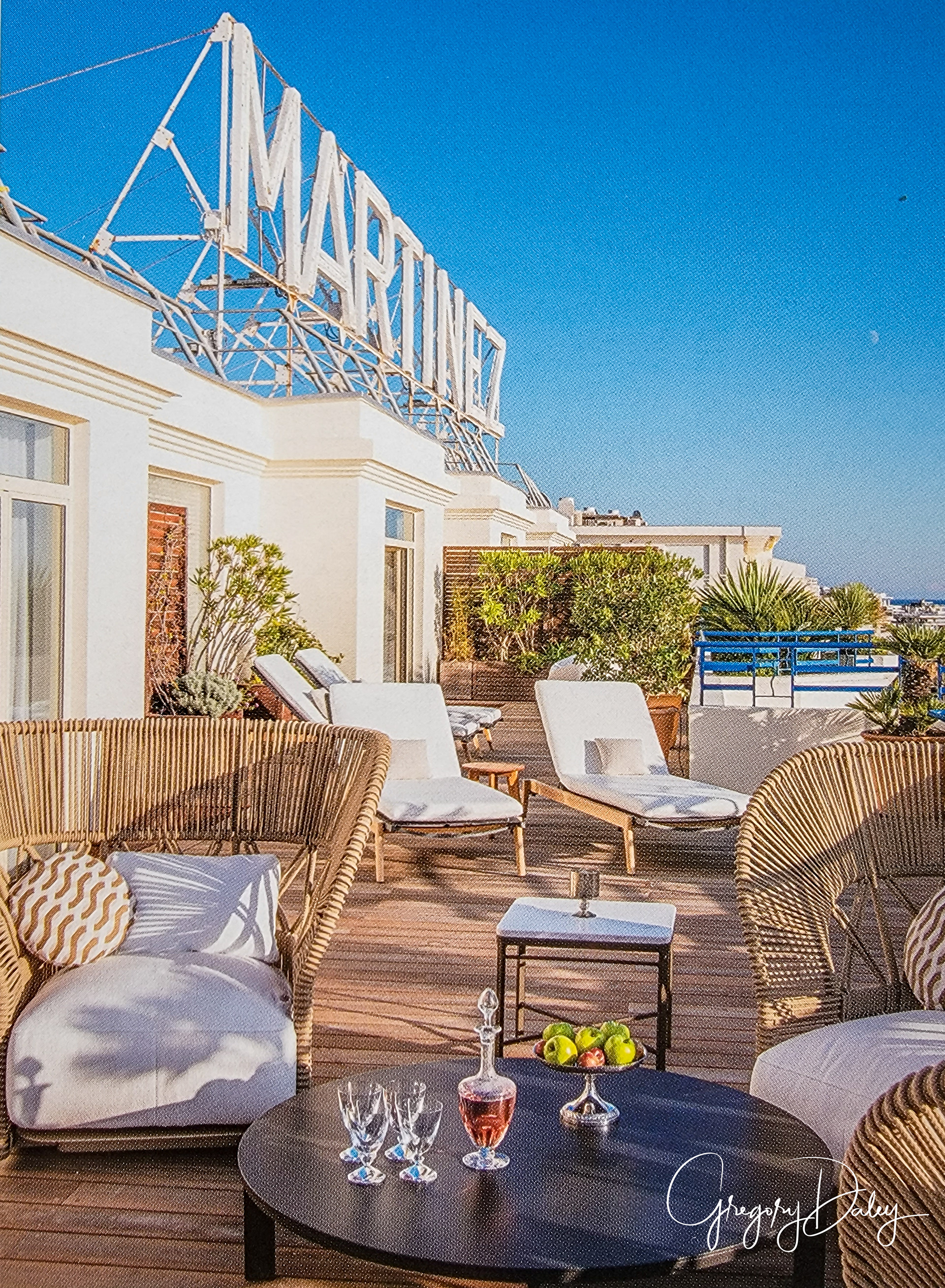
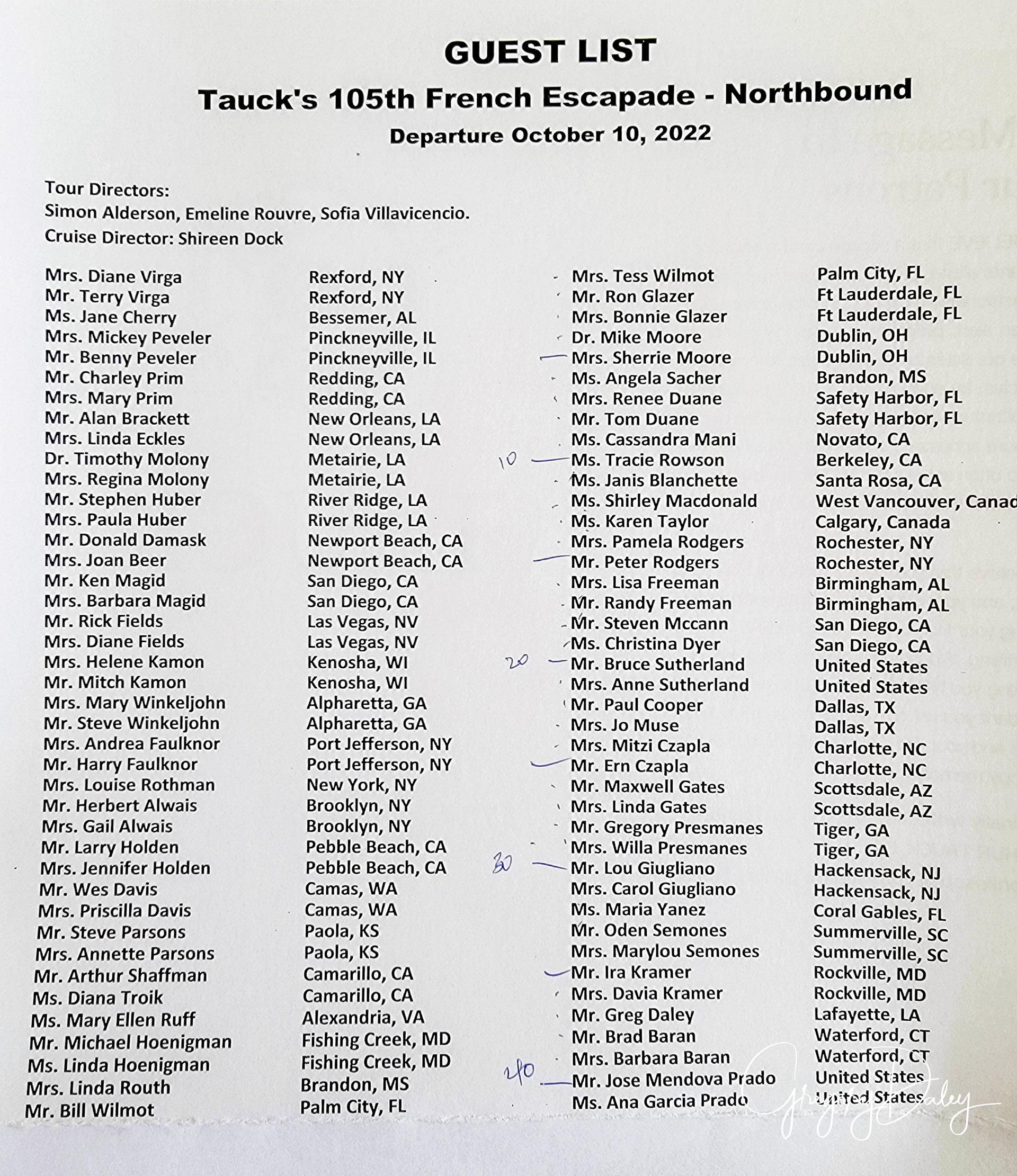
10/10, Day 1 of the tour I watched the changing of the guard in Monaco. Monaco is ruled by a king. Second smallest country in the world, very rich and very clean. I saw the Cathedral of Monaco. Visited Casino Royal, but did not have my passport. Maybe tomorrow. In the small world department, I met several of my sister's friends at the welcoming reception and dinner. Three ladies that are with her in the Orleans Club and one attorney that she worked with and the parents of another attorney that was an AUSDA in her husband's court. Traveling solo is less spooky than I originally thought. The Principality of Monaco is a sovereign city-state on the French Riviera a few miles west of the Italian region of Liguria, on the Mediterranean Sea. It is bordered by France to the north, east and west. The principality is home to 38,682 residents, of whom 9,486 are Monégasque nationals; it is widely recognised as one of the most expensive and wealthiest places in the world. The official language of the principality is French. In addition, Monégasque (a dialect of Ligurian), Italian and English are spoken and understood by many residents. With an area of 0.81 sq mi, it is the second-smallest sovereign state in the world, after Vatican City. Its 49,230/sq mi make it the most densely-populated sovereign state in the world. The principality is governed under a form of constitutional monarchy, with Prince Albert II as head of state, who wields immense political power despite his constitutional status. The prime minister, who is the head of government, can be either a Monégasque or a French citizen; the monarch consults with the Government of France before an appointment. The state's sovereignty was officially recognised by the Franco-Monégasque Treaty of 1861, with Monaco becoming a full United Nations voting member in 1993. Despite Monaco's independence and separate foreign policy, its defence is the responsibility of France. However, Monaco does maintain two small military units. Economic development was spurred in the late 19th century with the opening of the state's first casino, the Monte Carlo Casino, and a railway connection to Paris.[19] Since then, Monaco's mild climate, scenery, and gambling facilities have contributed to the principality's status as a tourist destination and recreation centre for the rich. In more recent years, Monaco has become a major banking centre and has sought to diversify its economy into the services sector and small, high-value-added, non-polluting industries. Monaco is famous as a tax haven: the principality has no personal income tax and low business taxes. Over 30% of the residents are millionaires with real estate prices reaching $116,374 per square metre in 2018. Monaco is not formally a part of the European Union (EU), but it participates in certain EU policies, including customs and border controls. Through its relationship with France, Monaco uses the euro as its sole currency; before, it used the Monegasque franc, which was pegged, and exchangeable with, the French franc until the 1st of January 2002.




















